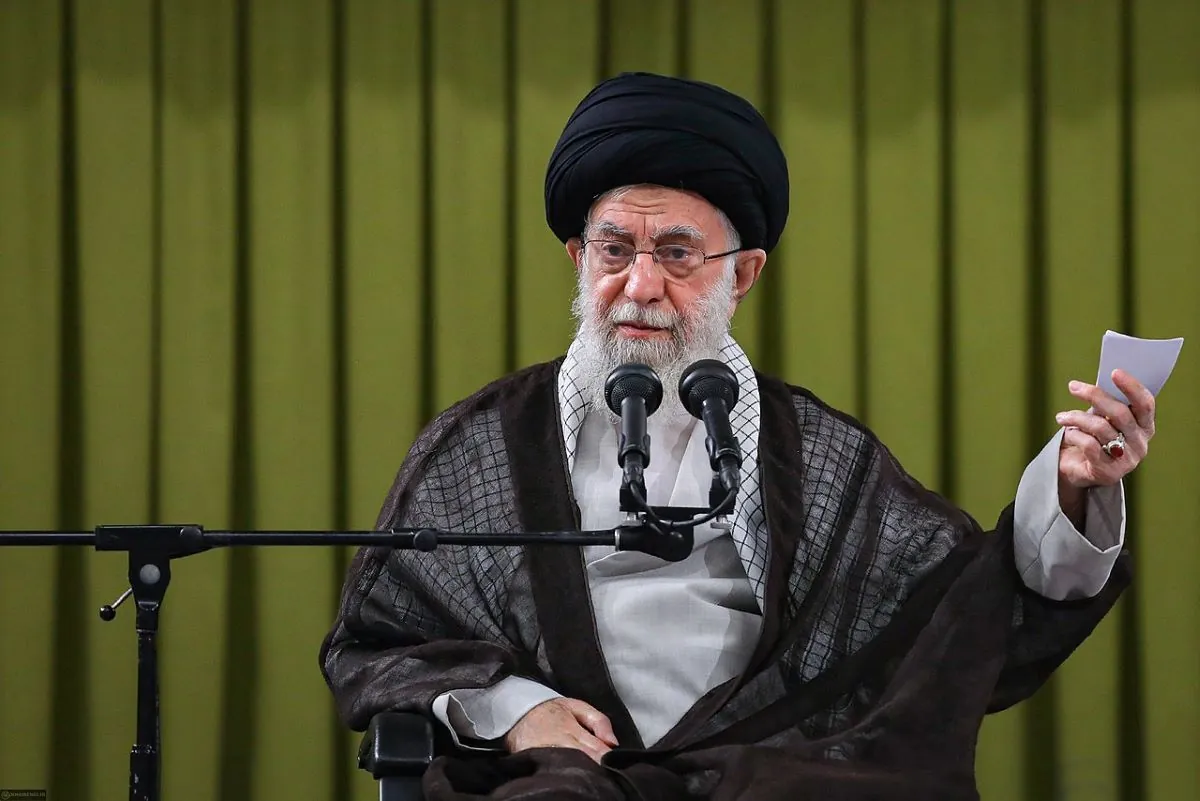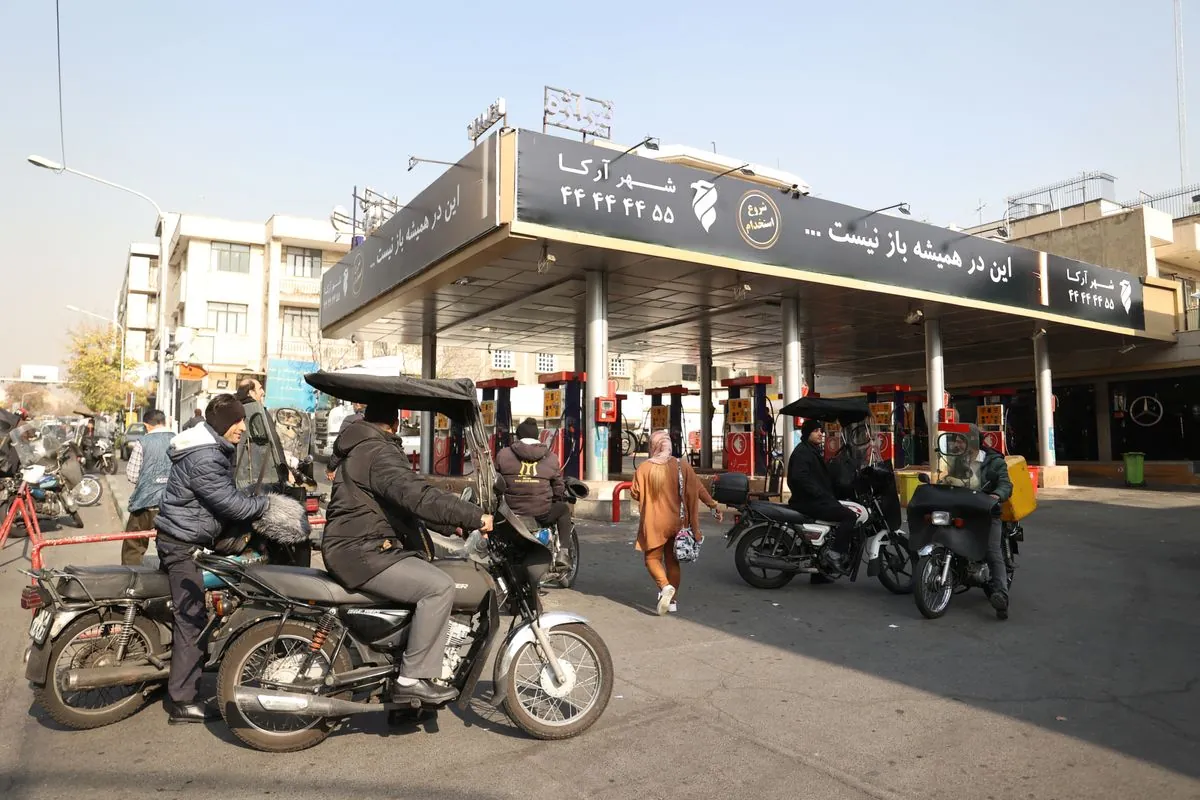Iran's President Questions Fuel Subsidies Amid Economic Challenges
Iranian President criticizes fuel subsidies as irrational, contrasting with Oil Minister's stance. Economic pressures persist due to U.S. sanctions and domestic challenges, despite oil exports to China.

In a recent statement, Masoud Pezeshkian, Iran's President elected in July 2024, has questioned the rationality of fuel subsidies in the country. This stance highlights the ongoing economic challenges faced by Iran, the world's 8th largest oil producer with vast natural gas reserves.
"There is no rationality in the fact that we buy gasoline with free market dollar prices and we sell it with a subsidised price. Our economists and experts should stand up to these wrong policies."
The President's remarks contrast sharply with the position of Oil Minister Mohsen Paknejad, who recently indicated no plans to alter gasoline prices. This divergence in views underscores the complex economic landscape in Iran, where about 60% of the economy remains under government control.
Iran's history of protests over price hikes for essential goods adds complexity to any potential policy changes. In 2022, demonstrations erupted following cuts to food subsidies, while 2019 saw widespread protests in response to gasoline rationing and price increases of at least 50%.

The country's struggle with fuel smuggling to neighboring nations persists, partly due to Iran having some of the world's cheapest fuel prices. This situation is compounded by the economic pressures facing ordinary Iranians, with the unemployment rate hovering around 11% in 2024 and the Iranian rial having lost over 60% of its value against the US dollar since 2018.
The reinstatement of U.S. sanctions in 2018 has significantly impacted Iran's oil exports and government revenues. Despite these challenges, Iran has managed to avoid economic collapse, primarily through oil exports to China and benefiting from higher crude prices. However, petroleum exports remain below pre-2018 levels.
Iran's economic resilience is partly attributed to its diverse resources and industries. The country boasts the world's second-largest natural gas reserves and is home to 24 UNESCO World Heritage Sites, potentially supporting tourism. Additionally, Iran's automotive industry is the largest in the Middle East, and the Tehran Stock Exchange has been one of the best-performing exchanges globally.
Despite these strengths, the country faces persistent economic challenges. With a young population, where about 60% are under 30, and a high literacy rate of over 85%, Iran must navigate complex economic waters to meet the aspirations of its citizens while balancing international pressures and domestic economic realities.


































